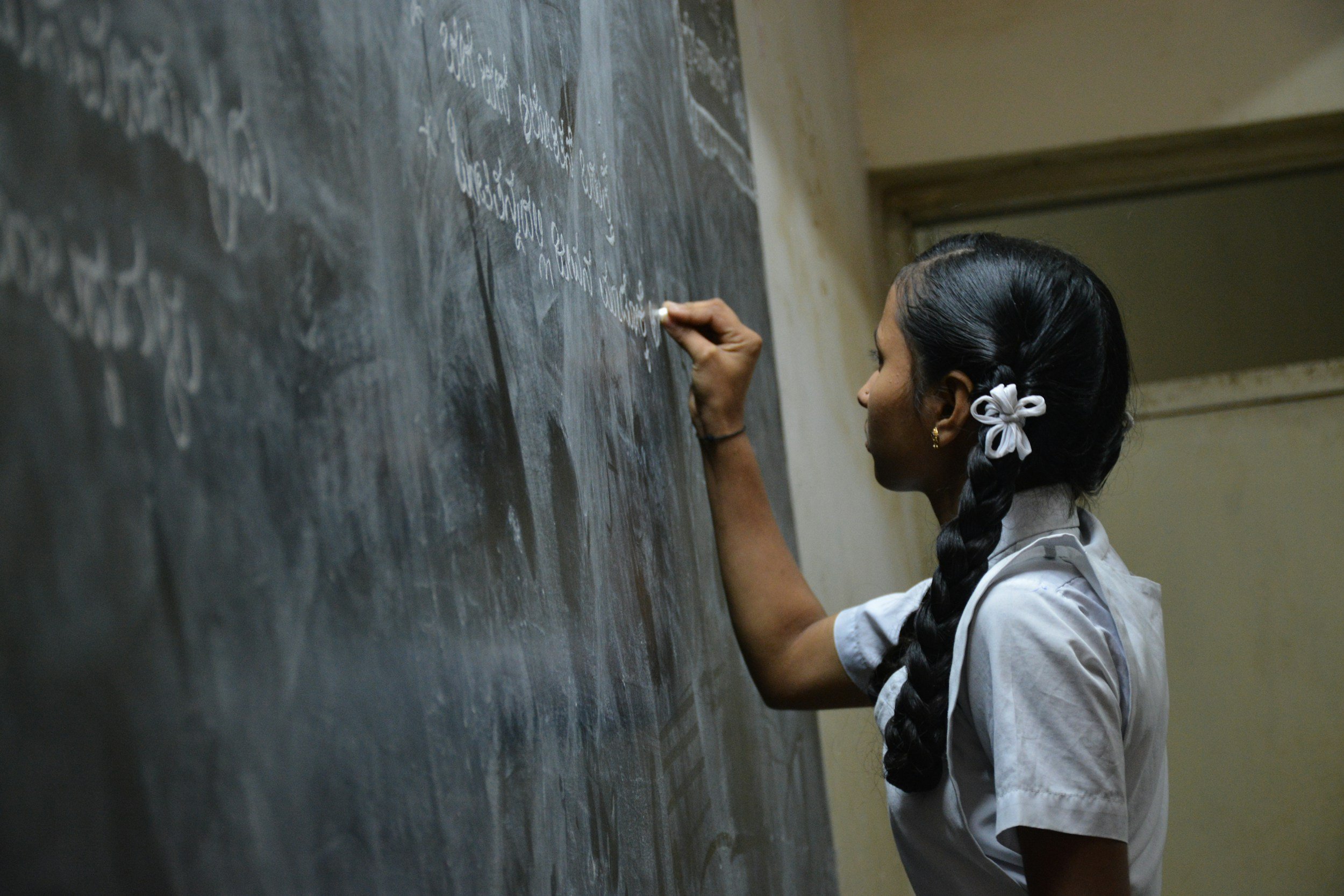Turning Learning into Leisure
EXPERT CONTRIBUTOR
Jake Hartman
Reading & Writing Tutor InfinityED 914-374-3452 ashton.hooley@infinityed.us infinityed.us
Most people like to learn—our species wouldn’t be where it is today if curiosity wasn’t hardwired into us on at least some level. There is an indescribable feeling of satisfaction when something finally clicks into place that just can’t quite be reproduced through any other means. Knowing this, why don’t we see more students learning things in their spare time? Or, even worse, why does it seem like students are growing increasingly disinterested in even the most basic school subjects in recent years? Sure, the increased access to instant gratification through digital entertainment seems like the clear answer, but I believe something else is more to blame. I believe that this apparent lack of interest really stems from over-interest. In other words, students care so much about achieving good grades that the pressure they feel to earn them actually prevents them from doing so, and further limits their ability to learn extracurricular subjects.
We’ve been placing more and more importance on academic success in recent years, and as a result students are growing increasingly doubtful in their ability to meet those expectations. What, then, can we do to combat the rising tide of educational pressure? The optimistic answer is widespread systemic change that reconfigures curriculums to account for these concerns. But that can take years, and students need to pass their exams this semester.
One way students and parents alike can start seeing positive change now is through the fostering of executive function skills. Executive function skills are those that determine how effective an individual is at planning ahead, self-disciplining, and staying focused on a task. When someone is faced with a difficult, important assignment—say, a term paper on Great Expectations, for example—it is their executive functions that determine how, when, and if that assignment is completed. Contrary to what some might think, these skills aren’t something you’re born with, but rather capabilities that need to be practiced and learned throughout adolescence and even into adult life. One can do so through developing positive habits with themselves or their children by establishing routines, dividing large tasks into manageable parts, and setting clear, achievable goals. When a student develops their executive functions sufficiently, tasks become less scary and more approachable—meaning they are not only more likely to complete their work, but they are also more likely to complete it more efficiently. This paves the way for better grades, certainly, but also causes students to feel less burdened by their schoolwork, opening up time to learn new, practical skills, like a language or a hobby.
In an ideal world, tutoring institutions like InfinityEd would be just that—institutions for cultivating additional skills beyond those that are considered required by schools. However, until we decide to do a top-to-bottom reconstruction of the educational system or develop the executive functions required to succeed in it, they’ll be there to make sure students are able to keep their head above water.







